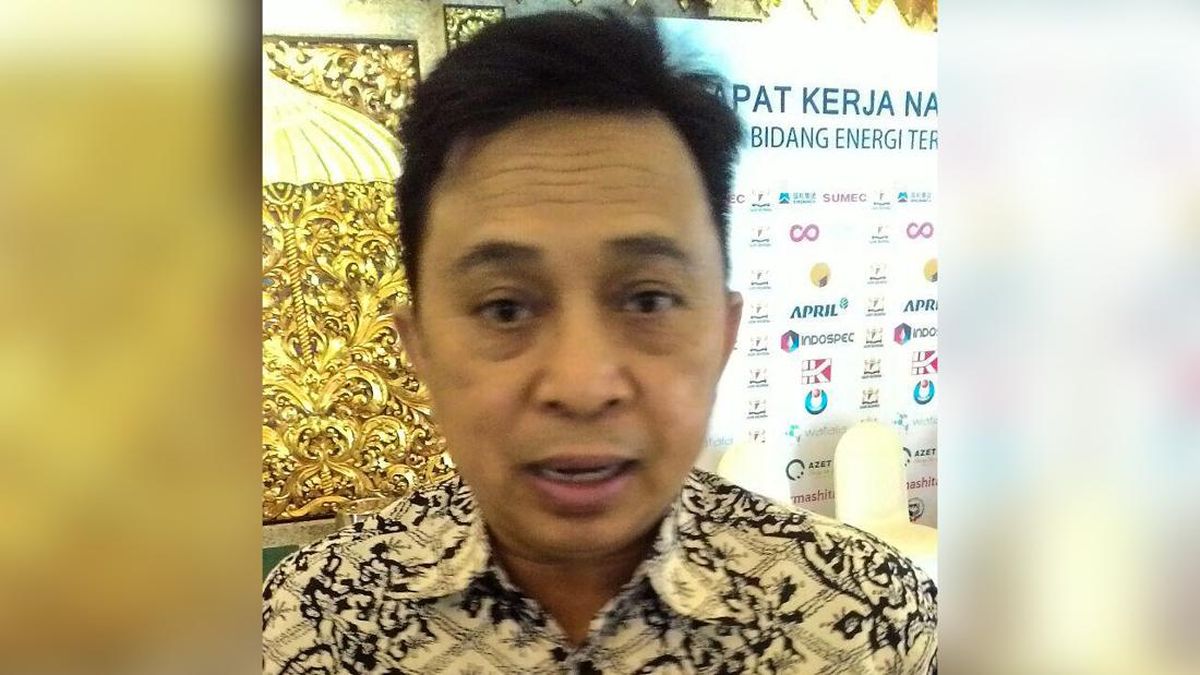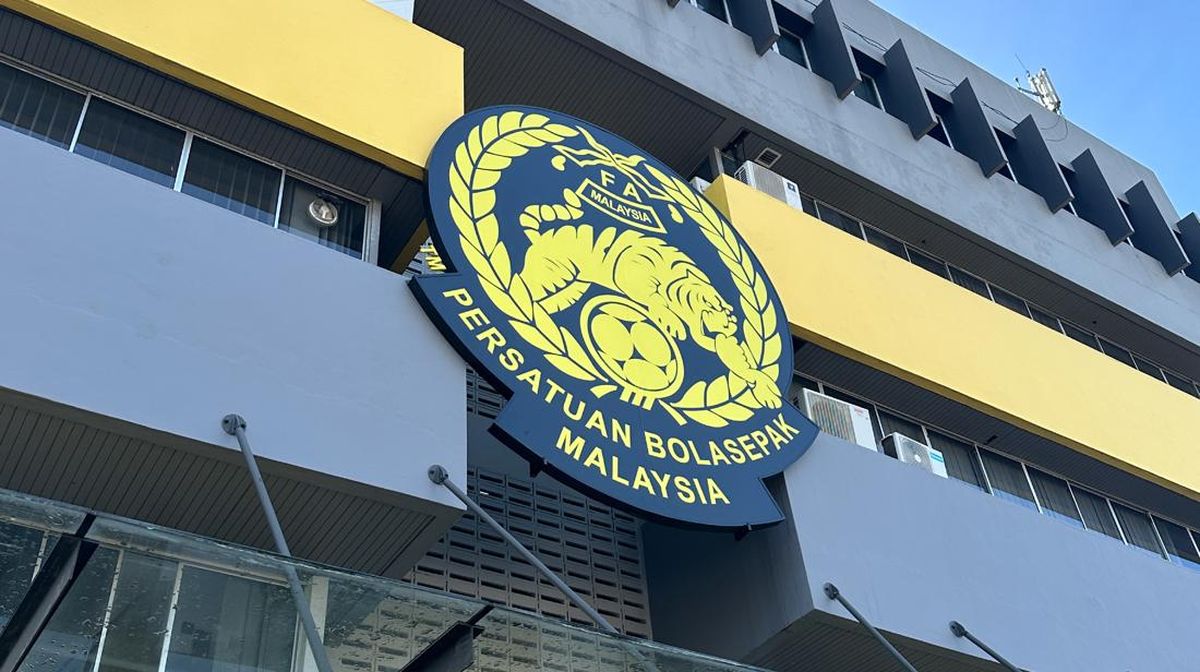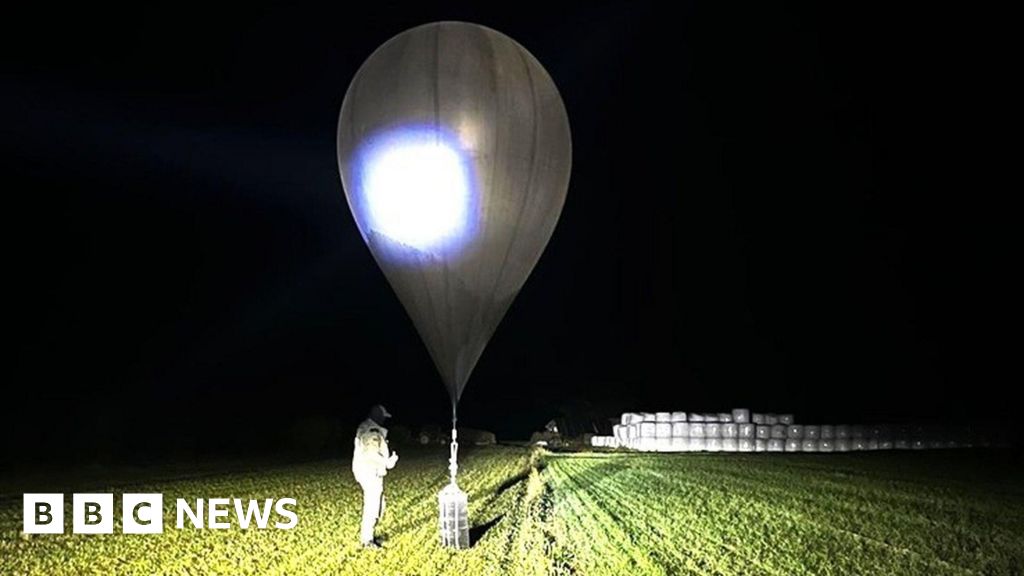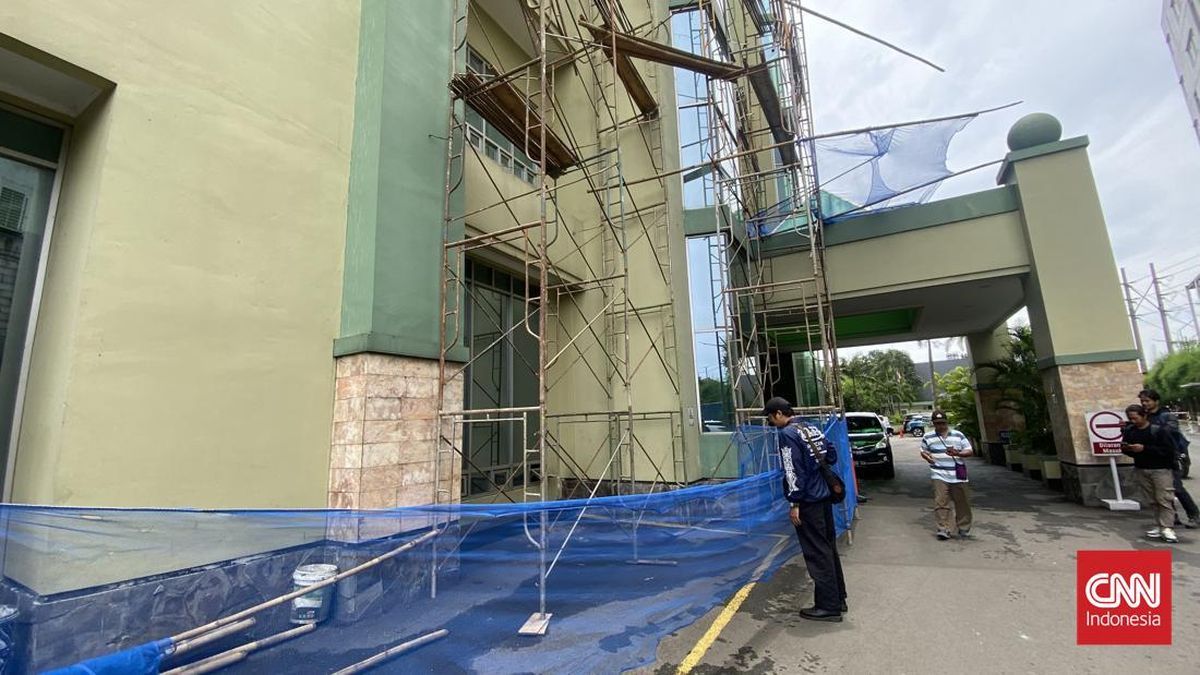Papua New Guinea has likened a formal defence treaty with Australia to a fence protecting two homes and not a shield against Chinese aggression, after prime ministers Anthony Albanese and James Marape signed the agreement on Monday.
The Pukpuk treaty, Australia’s first formal alliance since the ANZUS treaty was signed in 1951, commits the near neighbours to coming to each other’s aid and to contributing to regional stability across the South Pacific, which is being targeted by China as part of its efforts to broaden its diplomatic reach.

Prime ministers Anthony Albanese and James Marape sign the Pukpuk treaty between Australia and Papua New Guinea.Credit: Dominic Lorrimer
The treaty was supposed to be signed in Port Morseby last month when Albanese visited the capital for the 50th anniversary of independence, but the PNG cabinet could not form a quorum in time to ratify the pact until recent days.
Similar to the ANZUS treaty, the agreement with PNG means that an armed attack on either nation in the Pacific is considered an assault on the other country that would be “dangerous to each other’s peace and security and the security of the Pacific”.
The treaty, which was proposed by Marape, also allows citizens from Australia and PNG to train and serve with each other’s defence forces.
Speaking in Canberra, Marape said the treaty was not aimed at China but served as a formal recognition of the strong links between PNG and Australia.
“This treaty was not conceived out of geopolitics or any other reason, but out of geography, history and the enduring reality of our shared neighbourhood,” he said.
“It is about one bigger fence that secures two houses that has its own yard space.
“This is not a treaty that sets up enemies but consolidates friendships, and China, we’ve been transparent, we have told them that Australia has become our security partner of choice and they understand our alliances here.”
Albanese, who later this month heads to Washington for his first formal meeting with President Donald Trump, said Australian foreign policy was based on three pillars: the US alliance, regional engagement and the support of multilateralism.
Loading
He said the Pukpuk treaty was an example of those three pillars at work.
“This is a concrete example of Australia accepting the invitation and the idea from Papua New Guinea that we step up this relationship to an alliance,” he said. “I see this very much as lifting our relationship to the next level.”
The agreement prevents the nations putting in place agreements with other nations that may “compromise” the Pukpuk treaty.
As part of the treaty, Australia and PNG will increase the number of joint military exercises, share more intelligence gathering and recruit citizens into each other’s defence forces.
There are currently about 3990 personnel in PNG’s defence forces, mostly in the army.
Marape has suggested up to 10,000 people from PNG could serve with the Australian Defence Force under the terms of the treaty.
Albanese said that over time “it could be really substantial numbers”. He said PNG citizens would join with residents of the Five Eyes nations – Australia, New Zealand, Britain, Canada and the United States - in being able to join the ADF.
“People who are permanent resident in Australia will have the same rights as current members of Five Eyes to serve and participate in the Australian Defence Force,” he said.
As part of the treaty, defence co-operation between the two nations will substantially increase.
The Coalition’s acting home affairs spokesman, James Paterson, said he welcomed the treaty.
“When reports first broke about a delay in the finalisation of this agreement, I said that I hoped that the Albanese government was able to tidy this up and get this agreed, and I do welcome that they have now done so,” he said.
Cut through the noise of federal politics with news, views and expert analysis. Subscribers can sign up to our weekly Inside Politics newsletter.
Most Viewed in Politics
Loading


















































